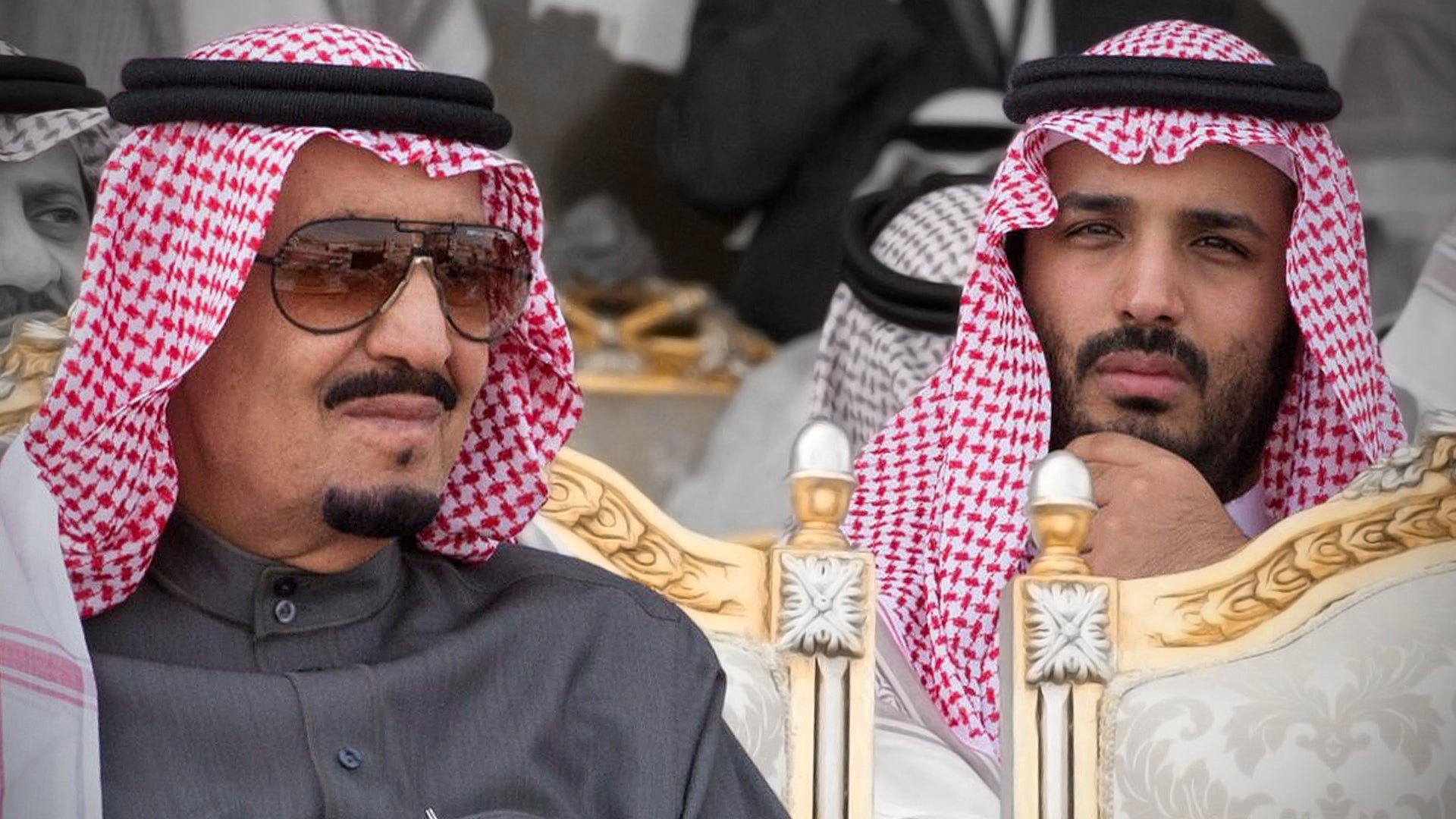It’s been a crazy weekend of events in Saudi Arabia, which has included a missile attack on the heart of the Saudi capital, the arrest of some of The Kingdom’s most powerful men, and even a suspicious helicopter crash near the Saudi Yemeni border.
News out of Saudi Arabia has been coming fast and furious over the last 48 hours. It started off with reports of a ballistic missile attack on Riyadh’s King Khaled International Airport on Saturday. The missile, which was launched from inside Yemeni territory, was intercepted by a PAC-3 Patriot surface-to-air missile battery located near the airport. No less than four Patriots were fired at the incoming target, which swatted the ballistic missile out of the sky, with debris falling on one of the runways at the sprawling airport.
The missile fired was supposedly a Burkan 2H, which is claimed to have nearly double the range (800-1000km) of the original Burkan missile. Houthi rebels are said to have acquired this capability through their Iranian supporters, and some reports state that the missiles were partially developed with North Korean know-how.
Houthi rebels have been lobbing ballistic missiles into Saudi Arabia since shortly after the war began. There is no tactical reasoning behind these attacks. Instead they are used like the V2 rocket of World War II—as strategic weapons to bring the pain of war to the Saudi populous and especially Saudi royalty.
Over the last two years, Houthi missile technology has steadily increased in capability, with the rebel force first targeting the Saudi capital in early February of 2017, with follow up attacks occurring in March and May. Other attacks have been centered on the Holy City of Mecca and other locales. Last time the Houthis attacked Riyadh they targeted King Salman Air Base which sits in the center of the Capital. In most cases these missiles were either shot down by Saudi Patriot batteries or they landed in uninhabited areas, but clearly the Houthi rebels’ targeting capabilities are improving.
Just hours after the missile attack, some of the most prominent players in Saudi government and business, including billionaire prince Alwaleed bin Talal—one of Saudi Arabia’s most recognizable faces who has large investments in Fox News, Citibank, Four Season Hotels, and Twitter, among many others—along with a slew of other royal power players and high-up government administers were arrested on corruption charges. Alwaleed was an especially vocal critic of the Donald Trump, with the two having exchanged insults on Twitter:
What can largely be viewed as a purge against Saudi Arabia’s business and ruling elite occurred as the 80 year old King Salman has moved to consolidate power and set his son, Crown Prince Mohammad bin Salman, up for succession. Mohammad bin Salman ran the Ministry of Defense before becoming crown Prince in June, and also happens to be the person in charge of the recently created Saudi “anti-corruption force.”
Included in the arrests was Saudi National Guard chief Miteb bin Abdullah, who was replaced with a prince with close strategic ties to Salman. The National Guard is a powerful para military apparatus with deep tribal ties within the Kingdom. It is the country’s Pretorian Guard of sorts, primarily tasked with protecting the House of Saud, Mecca and Medina, and the country’s oil infrastructure. Such a force would have been a crucial instrument for executing a coup against King Salman. The 65 year old Miteb bin Abdullah was seen as one of the largest potential rivals for the crown.
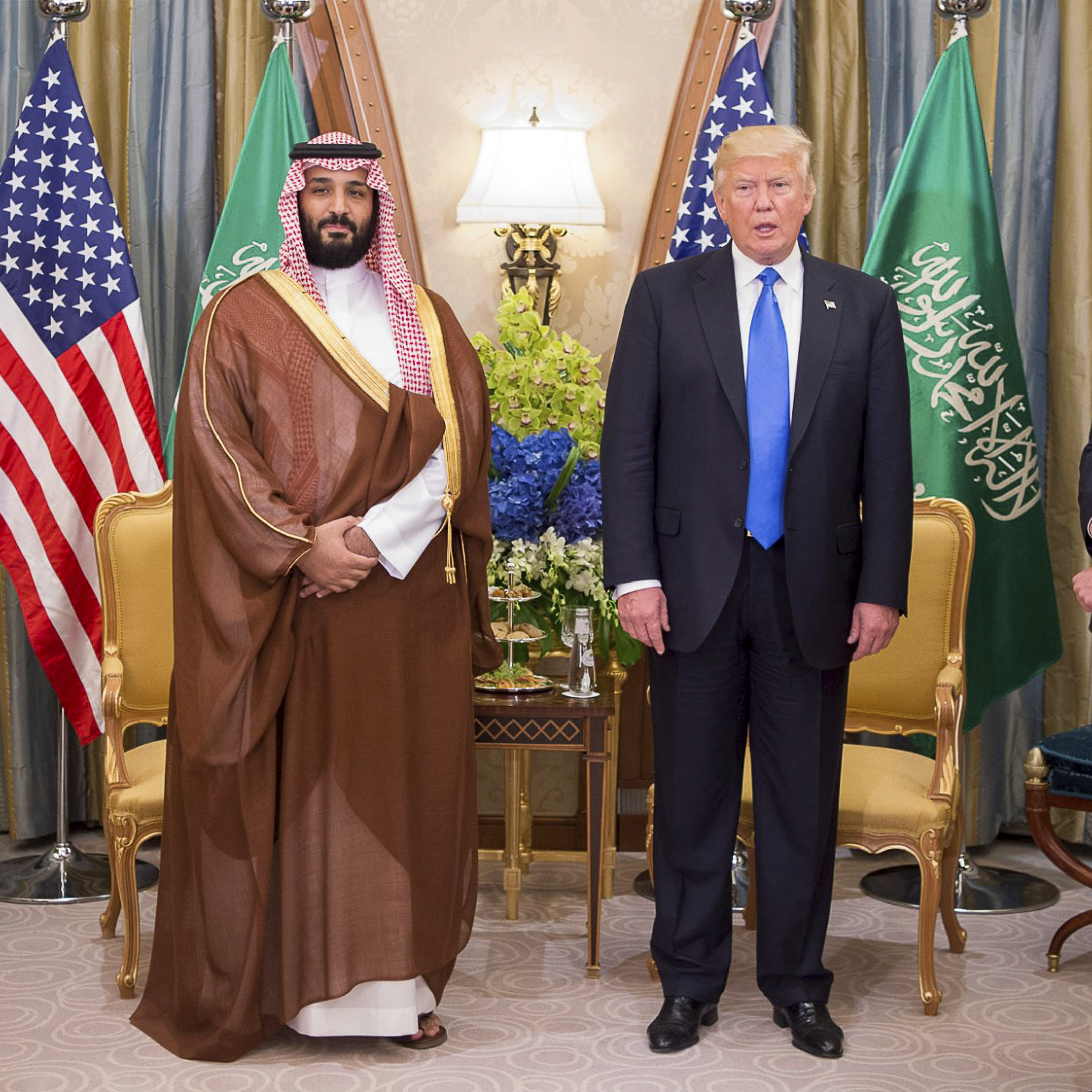
The idea of corruption and the concept of Saudi Arabia’s government and leadership architecture go hand-in-hand. You can read a good synopsis on how the Saudis rule, and how they have more in common with an organized crime syndicate than with a modern state, in this excellent piece by Sarah Chayes and Alex De Waal, and there are plenty of other in-depth studies on the subject available as well.
Seeing as King Salman has been pushing some fairly large and culturally impactful reforms, arresting many Saudi elites is likely more about consolidating power, eliminating potential usurpers, and guaranteeing the security of his own regime than about ending systemic corruption in a country literally built on corruption.
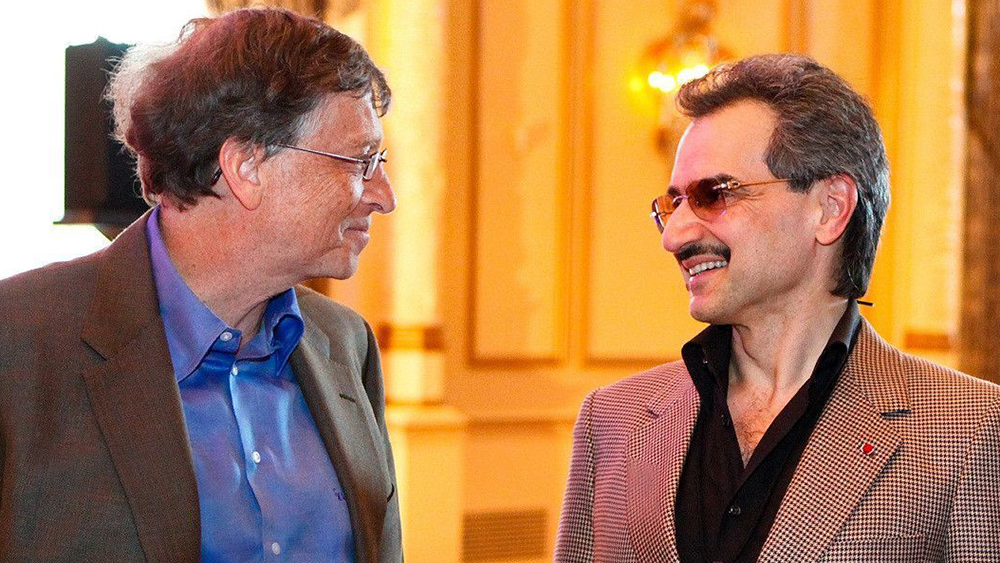
Then just hours ago, a Saudi UH-60 Black Hawk carrying eight Saudi power players, including Prince Mansour Bin Muqrin, crashed near the southwestern Saudi border with Yemen, killing all onboard. To call the crash suspicious in understandable. Muqrin was a deputy governor of a Saudi province and helped oversee some of of Saudi Arabia’s most holy sites, among managing other projects, but his family affiliation is of special interest.

Mansur bin Muqrin is the son of Muqrin Bin Abdulaziz. The father had a storied career largely free of accusations over corruption, which included running the Al Mukhabarat Al A’amah (Saudi Intelligence Agency) from 2005 to 2012, and later holding some of the most powerful positions in the Kingdom and being a close confidant of King Abdullah during his reign. This culminated in being named crown prince of Saudi Arabia briefly, from January to April of 2015, following the death of King Abdullah. He was quickly unseated as the first in line for succession by the then newly crowned King Salman, a position King Salman’s son now holds.
It remains unclear what the relationship was like between either Mansur Bin Muqrin or his father and the ruling family at the time the helicopter went down. But on a weekend of purges, the incident is somewhat suspicious. The helicopter was supposedly on a tour of project sites when it went crashed.
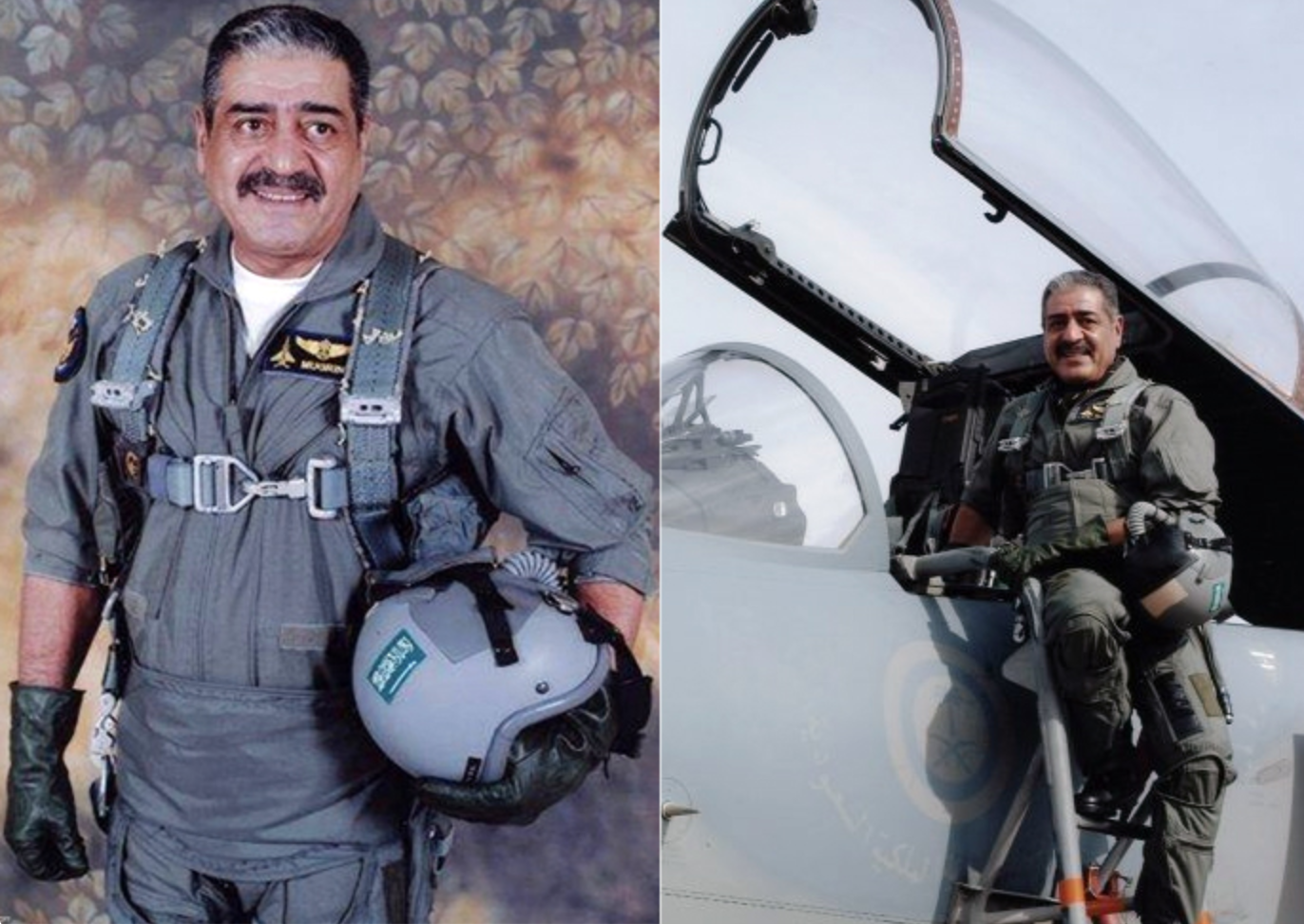
Considering Salman’s ambitious reform agenda, which is largely being headed up by the 32 year old crown prince, and includes liberalization of state enforced cultural norms, such as allowing women to drive and a more open posture to foreign visitors, as well as major cuts to state spending and a selloff of government assets, the arrests and power consolidation could be aimed at staving off a future coup attempt.
While Saudi youth have embraced these changes, it is no secret that these initiatives have enraged many within the Saudi elite caste for all types of reasons, and unusual alliances based on disparate grievances are certainly not uncommon in the region. Salman’s reforms may sound fairly small, but considering how slow the ship of Saudi government changes course, they are viewed as downright radical by many traditionalists.
Maybe more troubling for this group is that these changes are just the start of what some say will be a number of much bolder reforms that will occur over the coming decade—that is if Salman and his son get their way. And considering that the Saudi Kingdom runs on exchanging guaranteed wealth for obedience among the royal and ruling class, major fissures among its membership could be seen as a sign of looming instability on the horizon.
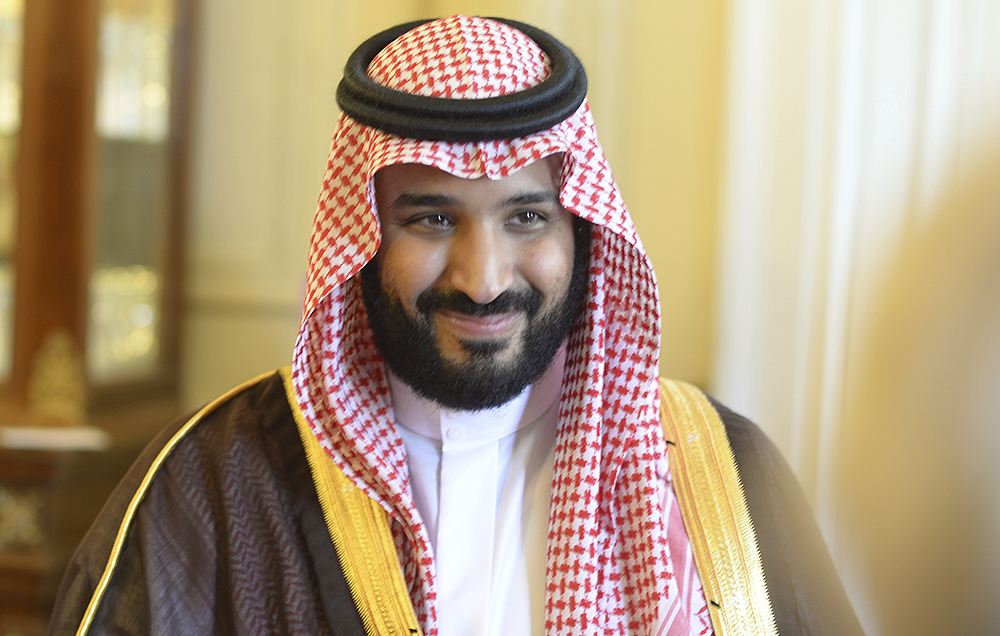
It’s worth noting that Jared Kushner made a sudden and unannounced visit to Saudi Arabia last week. Politico describes the trip as such:
“The White House official would not say who Kushner met with in Saudi Arabia. But he has cultivated a relationship with the crown prince, Mohammad Bin Salman, who, like Kushner, is in his 30s. Kushner arrived back in Washington, D.C., on Saturday night in time for a surprise birthday dinner for his wife, Ivanka Trump, at the Trump International Hotel.
“The Senior Advisor to the President, the Deputy National Security Advisor for Strategy, and the Special Representative for International Negotiations recently returned from Saudi Arabia,” the White House official said in a statement to POLITICO.”
It remains unclear if the White House knew about the looming power play and/or if they approved of it. The Trump administration has a very tight relationship with The Kingdom, with President Trump making his first foreign stop of his presidency there and agreeing to sell the country a massive weapons package with a price tag approaching 100 billion dollars.
Considering Kushner’s close ties with the crown prince, it’s logical that the White House would have an interest in seeing him become king, or at least in keeping his father in power.
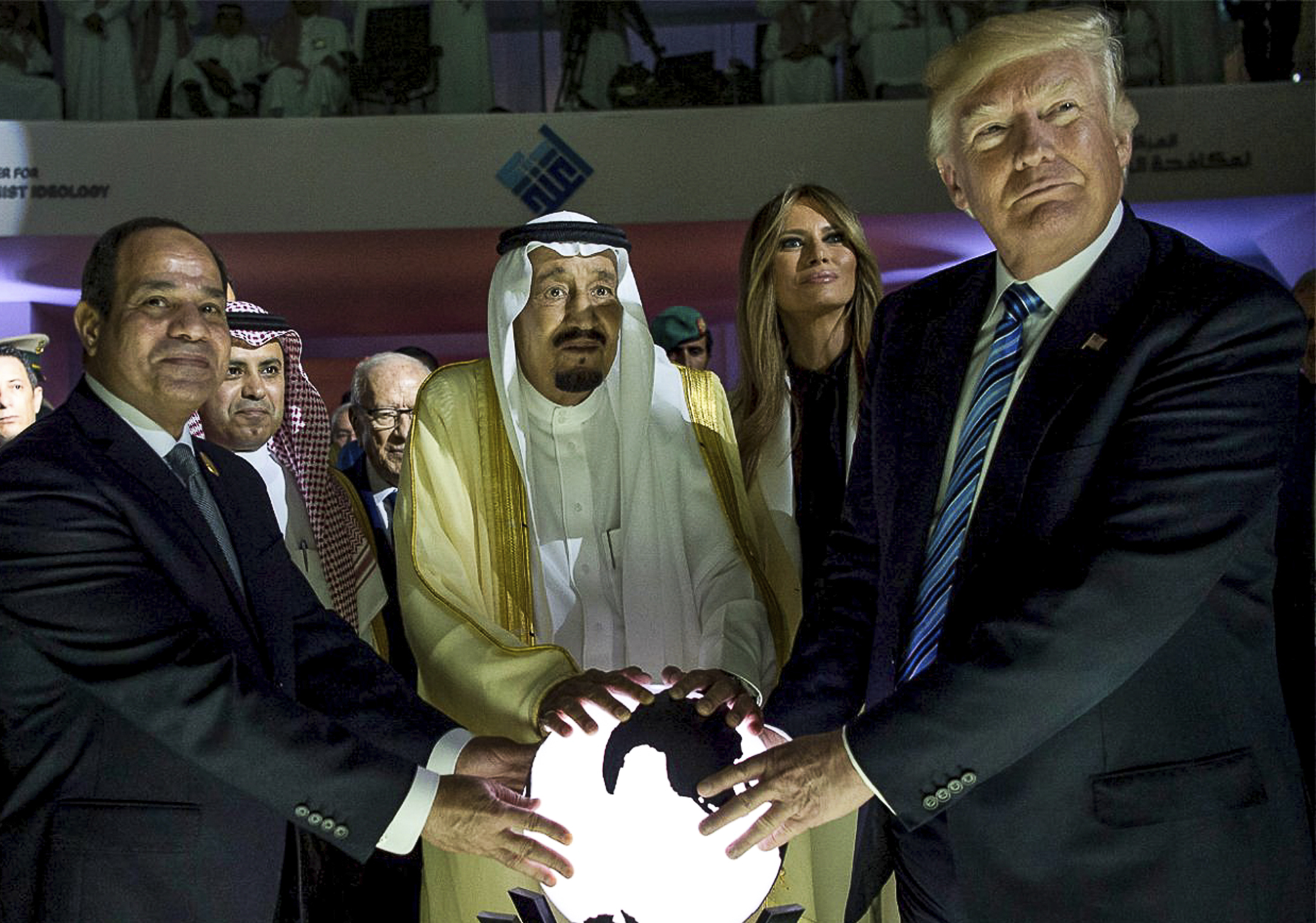
With all this in mind, and considering King Salman is 80, it could be possible that he intends to pass his crown to his son in the not so distant future. In order to do so reliably, the step taken over the weekend make sense, but they could also backfire.
Ruling the Saudi elite with an iron fist instead of the promise of great wealth represents a massive shift in the Kingdom’s political apparatus, and it could result in just more instability and royal infighting, and that instability could have major consequences on the region as a whole.
We’ll have to wait and see how this pans out, but if anything, this weekends series of events stands a stark reminder that Saudi Arabia, even with all its wealth and military might, is far less stable than many would care to imagine.
Contact the author: Tyler@thedrive.com
